Diplomatic tensions escalate
Relations between India and Canada have hit a low since Canadian Prime Minister Justin Trudeau hinted that Indian intelligence was involved in the death of Hardeep Singh Nijjar, a Canadian Sikh leader.
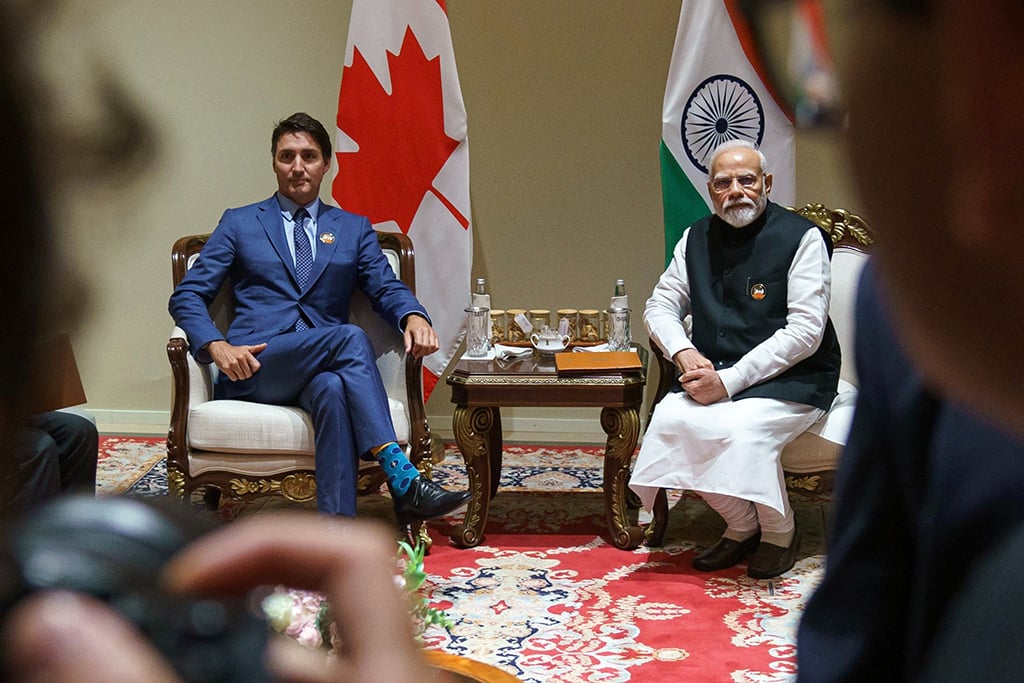
Canadian Prime Minister Justin Trudeau (left) and Indian Prime Minister Narendra Modi during a meeting in September
Justin Trudeau's X Account
According to AFP, Mr. Nijjar immigrated to Canada in 1997, advocated the establishment of a Sikh state separate from India and was wanted by New Delhi authorities on charges of terrorism and conspiracy to commit murder. He was shot dead by two masked men in the parking lot of a temple near Vancouver (Canada) in June.
In September, the two sides engaged in a tit-for-tat diplomatic and travel spat following Trudeau’s accusations, which India strongly denied. Earlier this week, Canada announced it was withdrawing 41 diplomats from India a day before a deadline set by New Delhi, “to ensure the safety” of them and their dependents.
"Stripping the diplomatic immunity of 41 diplomats is not only unprecedented, but also contrary to international law," Canadian Foreign Minister Melanie Joly said, adding that Ottawa would not respond to avoid escalating the situation.
Meanwhile, India's Ministry of External Affairs asserted that the request to Canada was "within the framework of international norms". "The much higher number of Canadian diplomats in India and their continued interference in our internal affairs requires a balance in the reciprocal diplomatic presence," the Indian side said.
On October 20, Canada announced that it was temporarily suspending in-person operations at some consulates in Indian cities including Bengaluru, Chandigarh and Mumbai. Meanwhile, Immigration, Refugees and Citizenship Canada (IRCC) reduced the number of staff in India from 27 to 5, warning that visa processing times could be affected. Previously, India had temporarily suspended visa procedures in Canada.
'Millions' of people affected
In a press conference on October 20, Prime Minister Trudeau said that India’s actions against the diplomats have made life difficult for millions of people in both countries as their travel, trade and education will be affected. About 2 million Canadians (5% of the population) have Indian heritage, while Indian students make up the largest number (40%) of foreign students studying in Canada.
Meanwhile, there are concerns that the diplomatic tensions could spill over into trade and investment. However, two senior Indian government sources told Reuters that New Delhi has no plans to impose restrictions on imports or investments from Ottawa. Total bilateral trade in 2022 was $8 billion. Canada has invested more than $3.6 billion in India, with more than 40% of that going into services and infrastructure.
In light of the developments, Canada’s two allies, the US and the UK, have urged India not to insist on Ottawa reducing its diplomatic presence. US State Department spokesman Matthew Miller expressed concern about the removal of Canadian diplomats from India, and said Washington and London called on New Delhi to cooperate in investigating Mr. Nijjar’s death.
Source link


![[Photo] 60th Anniversary of the Founding of the Vietnam Association of Photographic Artists](/_next/image?url=https%3A%2F%2Fvphoto.vietnam.vn%2Fthumb%2F1200x675%2Fvietnam%2Fresource%2FIMAGE%2F2025%2F12%2F05%2F1764935864512_a1-bnd-0841-9740-jpg.webp&w=3840&q=75)


![[Photo] National Assembly Chairman Tran Thanh Man attends the VinFuture 2025 Award Ceremony](/_next/image?url=https%3A%2F%2Fvphoto.vietnam.vn%2Fthumb%2F1200x675%2Fvietnam%2Fresource%2FIMAGE%2F2025%2F12%2F05%2F1764951162416_2628509768338816493-6995-jpg.webp&w=3840&q=75)








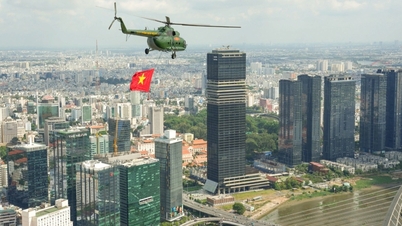

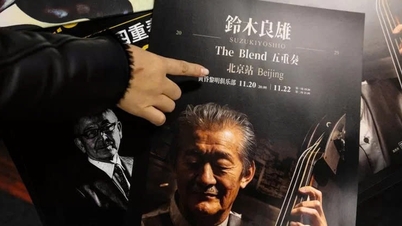

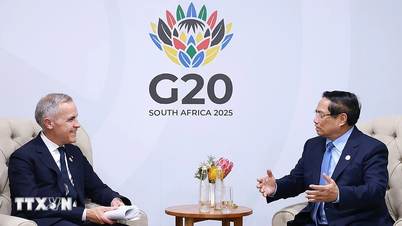





![[VIDEO] Save the Children helps children in Bac Ninh return to life soon after natural disasters](https://vphoto.vietnam.vn/thumb/402x226/vietnam/resource/IMAGE/2025/12/06/1765004276755_cu-u-tro-bn-2-cover20251206131142.jpeg)
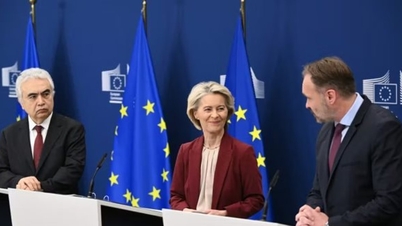






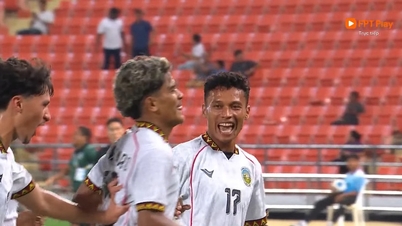
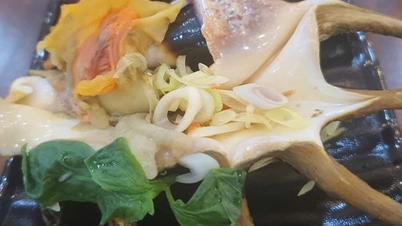
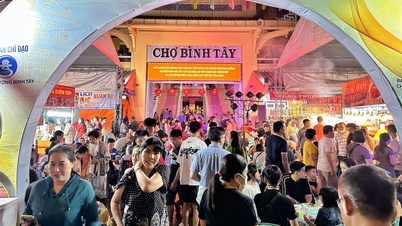
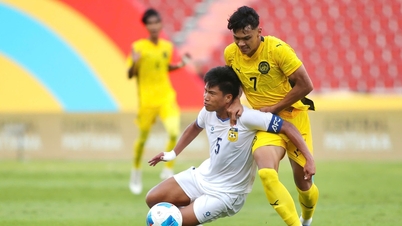
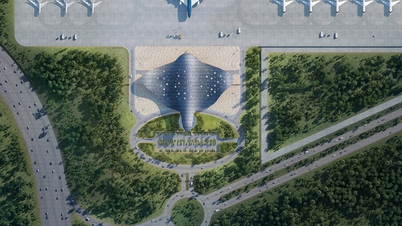














































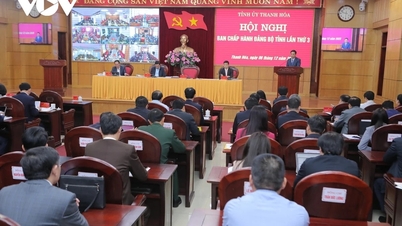
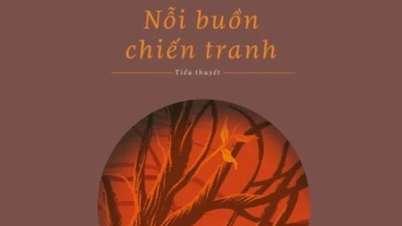

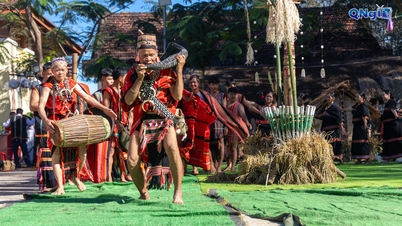





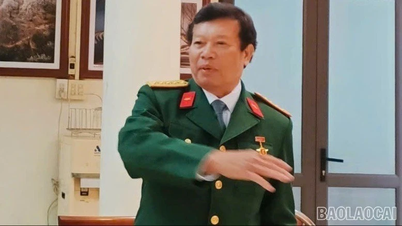










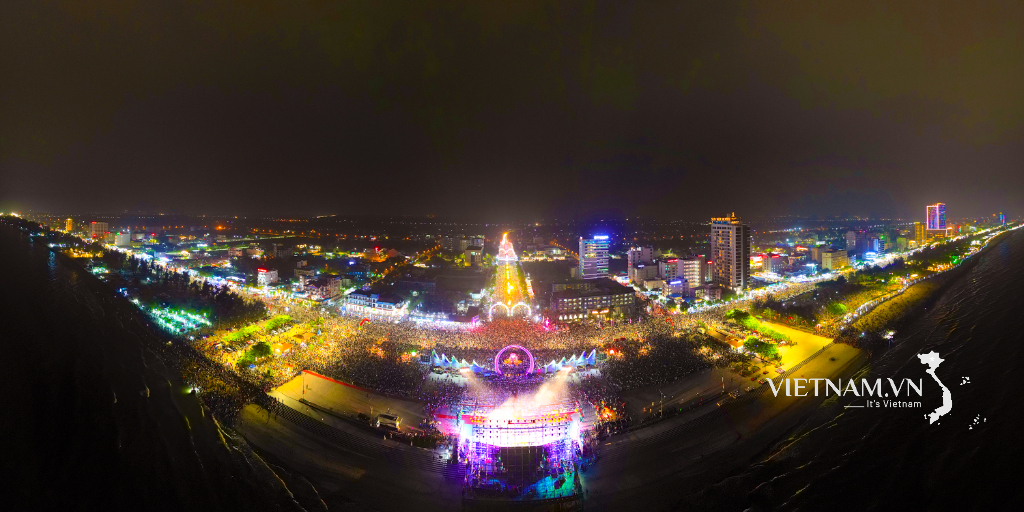







Comment (0)